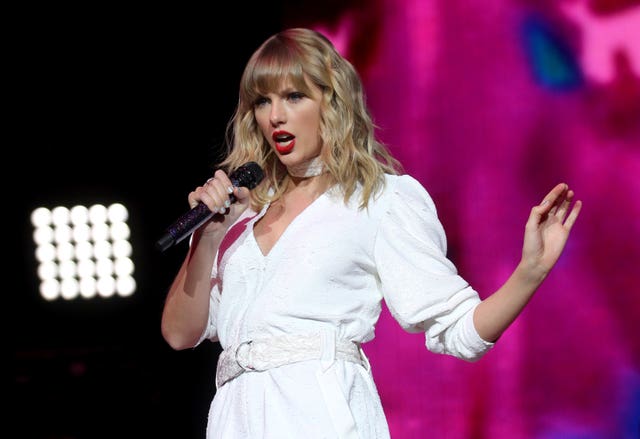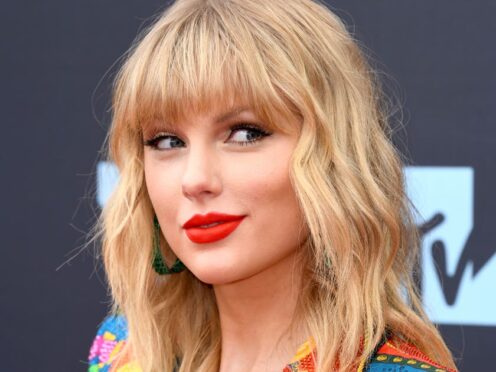Taylor Swift has appealed against a decision by a US judge to allow a trial to go ahead, following allegations she stole lyrics included in her hit song Shake It Off.
Lawyers for the multi-award winning singer said the decision was “unprecedented” and asked the ruling by a Californian judge be revisited.
The claim is being brought by songwriters Sean Hall and Nate Butler and alleges that Swift lifted lyrics for her song from their own Playas Gon’ Play, performed by US girl group 3LW.

Both songs feature the lyrics “players gonna play” and “haters gonna hate”.
In court filings obtained by US music publication Billboard, representatives for Swift said: “Plaintiffs could sue everyone who writes, sings, or publicly says ‘players gonna play’ and ‘haters gonna hate.’
“To permit that is unprecedented and cheats the public domain.
“Doing so here leaves only this similarity: both works use versions of two short public domain phrases – ‘players gonna play’ and ‘haters gonna hate’ – that are free for everyone to use, and two other but different tautologies that plaintiffs claim share the same underlying general idea or concept.”
The lawyers argued that the two phrases did not satisfy the “extrinsic test” – proving substantial similarity after an objective comparison of specific expressive elements within the material.
They also pointed out that the claimants had acknowledged the phrases “players gonna play” and “the haters gonna hate” were both unprotected and in the public domain.
“The presence of versions of the two short public domain statements and two other tautologies in both songs…simply does not satisfy the extrinsic test,” Swift’s lawyers said.
They added: “Defendants respectfully request that the court revisit its ruling and apply the extrinsic test to the claimed substantial similarity in lyrics.”
The filings were made on Thursday at the United States District Court for the Central District of California.
